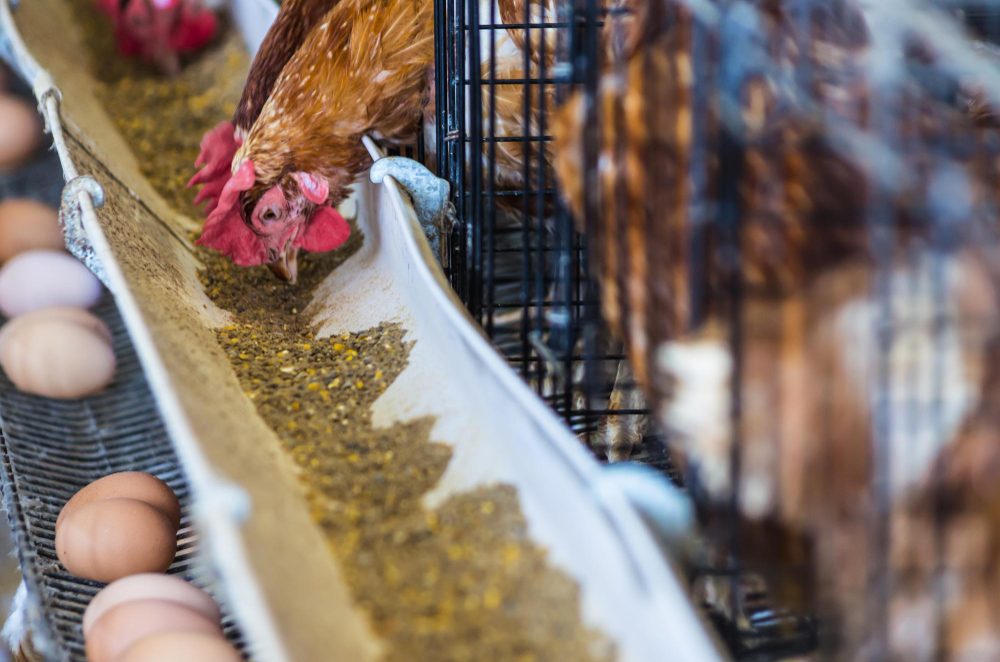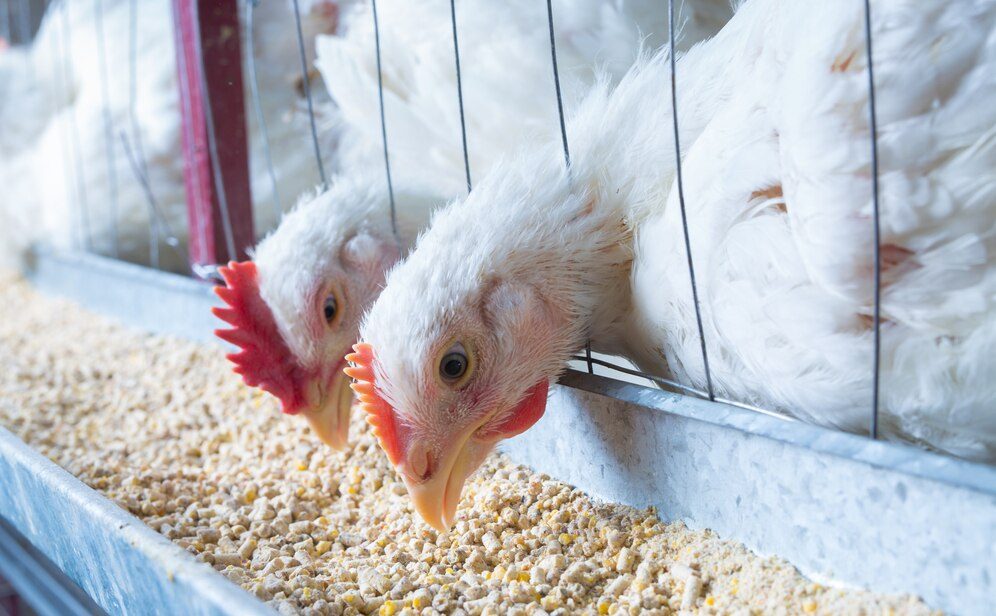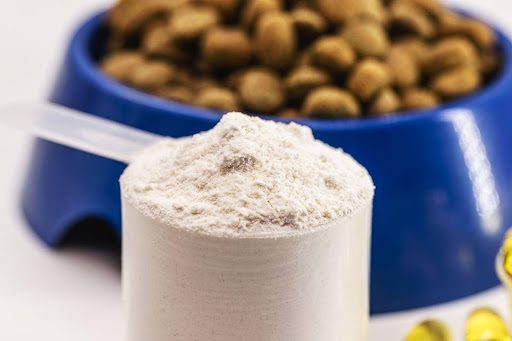
The culinary universe provides a rich sensory journey involving both those who prepare the dishes and those who taste the final result. One essential element of creating exceptional dishes is exploring ways to enhance flavors. In this article by Biorigin, we’ll discuss the role of flavor enhancers in gastronomy and how they lift the culinary experience. In particular, we’ll focus on “Flavor Enhancers,” a keyword that describes the essence of modern cuisine.
What is a Flavor Enhancer?
A flavor enhancer is a compound added to foods to enhance, improve, or modify their flavor. They are often used to make foods tastier and more attractive. The objective is to activate the taste buds, making the food more pleasant to the palate. Flavor enhancers are used in a myriad of dishes, from processed foods to gourmet cuisine.
Types of Flavor Enhancers
There are several types of flavor enhancers, each with its distinctive characteristics:
1. Salt
Salt is one of the most common flavor enhancers. It improves the perception of food flavor, enhancing sweetness and suppressing bitterness.
2. Monosodium Glutamate (MSG)
MSG is a flavor enhancer widely used in Asian cuisine. It enhances the umami flavor, adding a salty, rich quality to dishes.
3. Herbs and Spices
Herbs and spices, such as basil, garlic, and cumin, are natural flavor enhancers that add depth and complexity to dishes.
4. Broths and Stocks
Beef, chicken, or vegetable broths are often used to flavor soups, stews, and sauces.
5. Sauces and Condiments
Sauces like soy sauce, ketchup, and mustard are excellent flavor enhancers.
6. Yeast extract
Yeast extract is an ingredient used to enhance food flavors and add an umami touch to recipes. It is a natural product that is especially appreciated in vegetarian and vegan diets.
The Importance of Flavor Enhancers
Flavor enhancers play an essential role in contemporary cooking. They not only make food tastier but also provide several benefits:
1. Increases Attractiveness
Flavor enhancers make foods more tasty, stimulating the appetite and making the meal more enjoyable.
2. Adds Complexity
By adding layers of flavor, flavor enhancers can elevate a simple dish into something exceptionally delicious.
3. Masks Off-Flavors
Yeasts may hide off-flavors of some foods, making them more palatable.
4. Reduces the Need for Salt
The smart use of flavor enhancers can reduce the salt required in a recipe, contributing to a healthier diet.
Final considerations
“Flavor Enhancers” are more than just a culinary buzzword; they are essential for creating exceptional dishes. Flavor enhancers, such as herbs and spices, salt, broths, or sauces, are crucial to transforming ordinary meals into memorable dining experiences. Understanding the importance of flavor enhancers and how to use them properly allows cooks to develop their culinary skills and surprise diners with dishes bursting with flavor and complexity. Embrace “Flavor Enhancers” and let your culinary creativity flow, elevating the dining experience to new heights.

Benefits of Hydrolyzed Yeast in Animal Nutrition
The Importance of MOS in the Diet of Production Animals
Benefits of Ingredients for Pet Food: A Complete Guide to Quality Nutrition
Animal Nutrition Companies: Contributions to Food Safety
Unveiling the Benefits of Beta Glucan in Pet Food: An Essential Guide


